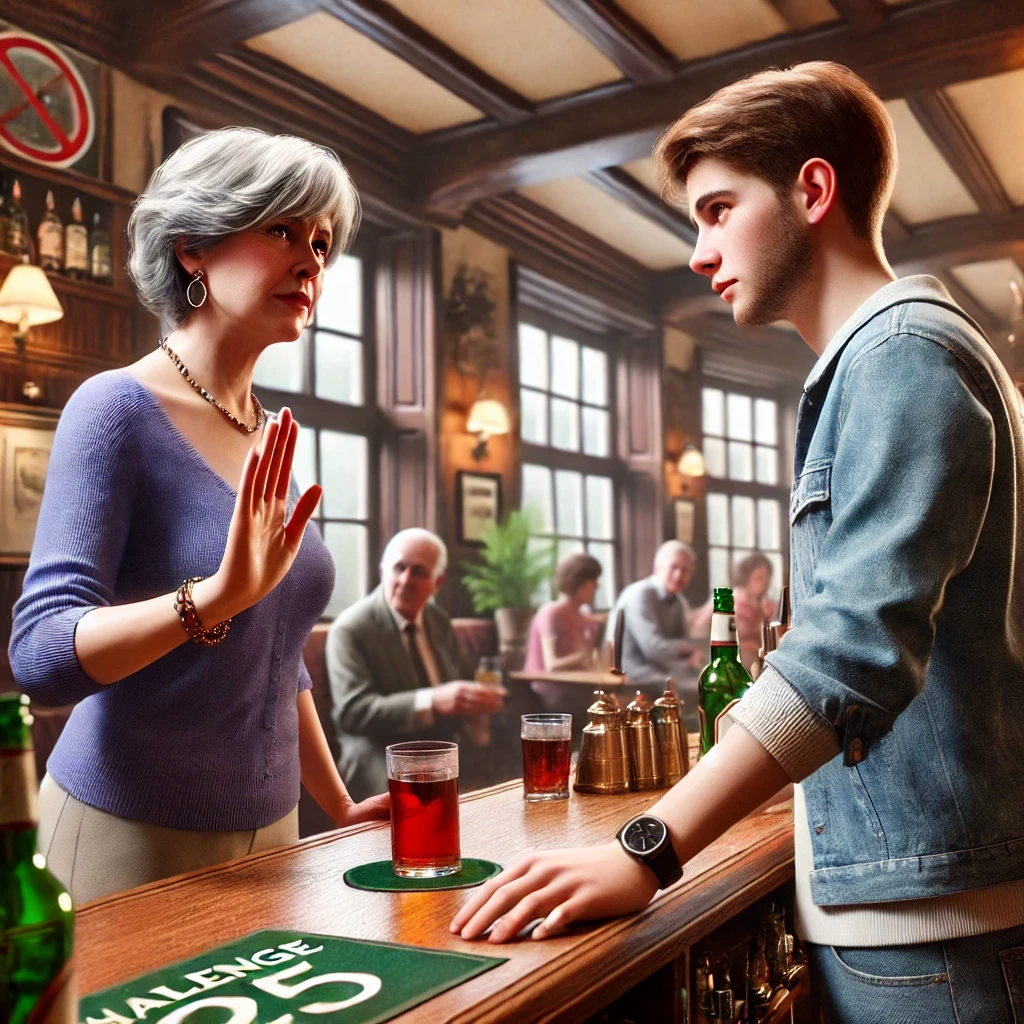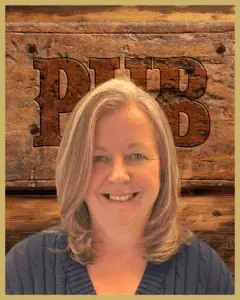"Sorry Sir, I think you Have Had Enough" - Refusing to Serve Alcohol
Reflections of A Reluctant Pub Landlady
Introduction
As the Designated Premises Supervisor (DPS) of one of our pubs, one of my challenges was knowing when to refuse service to customers. While pubs are about creating a welcoming atmosphere, sometimes you have to step in and say “no” to protect everyone involved, including your business. I hated doing it, feeling like a ‘killjoy’ at times but sometimes you just had to.
The Right to Refuse Service
As the DPS, you have the legal right to refuse to serve alcohol to anyone and to ask them to leave the premises if needed. In reality, this didn’t happen all that often, but when it did, it could be uncomfortable. However, it’s a vital part of keeping your pub safe and enjoyable for everyone. And I never actually barred anyone but came very close to it once or twice.
Using Challenge 25
One of the most common reasons I had to refuse service was when young people tried to buy alcohol without proper ID. We used the Challenge 25 policy, which means anyone who looks under 25 has to show proof of age. This can sometimes upset customers who look younger than they are—some are well over 18, or even over 25, but have young-looking faces.
Handling these situations with care is key. Although some customers might feel annoyed or embarrassed, it’s better to be cautious. The alternative—serving alcohol to someone underage—can lead to serious legal trouble for both you and your business.
Dealing with Drunk Customers
Another tricky situation is when you have to refuse service to someone who’s had too much to drink. This is also a legal requirement, and it’s about keeping everyone safe. I’ve had to turn away a few customers who were clearly too intoxicated. Most people accepted my decision. They would most often stagger off to the other pub in the village, muttering under their breath.
The Time I Called the Police
There was one time I had to call the police, which wasn’t easy. It was during a wedding reception at the pub. One of the guests had clearly had too much to drink—more than we realised, because there were bottles of wine on the tables. He got into an argument with the best man and then decided to leave. Instead of staying in his room for the night, he headed for his car, even though we watched him stagger across the road.
Concerned for his safety and the safety of others, I made the tough decision to call the police. I don’t know if they managed to catch up with him, but I knew I had to do it. It wasn’t a decision I took lightly— but I couldn’t live with the idea that he might hurt or even kill someone, possibly himself.
When the Police Came to Me
Another time, the police came to the pub to ask if one of our regulars was driving after drinking. His ex-wife had reported him, and I wouldn’t have put it past him. However, I was glad to be able to honestly say that I hadn’t seen him do it. He often slept in his camper van in our car park after a few drinks, which was a responsible choice on his part.
The Rise of Low and No Alcohol Drinks
Drinking habits are changing, with more people choosing low or no alcohol drinks. This trend is growing as more people become aware of the health benefits. As pub operators, it’s important for us to embrace this change and offer a decent range of non-alcoholic options to cater to everyone. Hopefully drink driving will be a reducing trend that runs alongside.
Do you run a licensed premises? If so, have you got a comprehensive Alcohol Policy and are your staff trained in Challenge 25? If not, you can find helpful resources at my website.
Running a pub isn’t just about serving drinks—it’s also about knowing when not to serve them. By understanding your rights and responsibilities as a DPS, you can make sure your pub is a safe and welcoming place for everyone.




